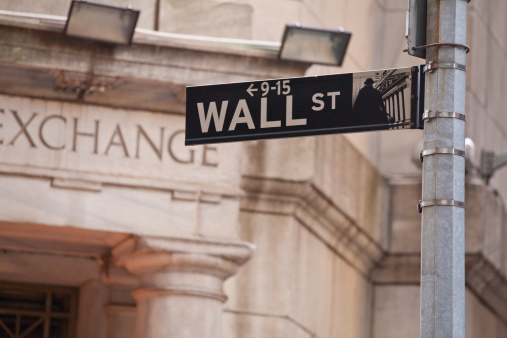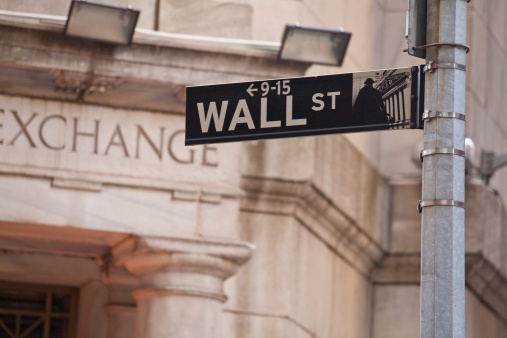
US futures and European stocks gained and Treasuries tanked as virus optimism ran wild on reports that a key breakthrough was made in the search for a coronavirus cure. Markets are still primarily focused on the coronavirus and today’s news that H.I.V and flu drugs show promise in treating the coronavirus will keep the risk-on rally going strong. China’s Health Commission lead researcher Li Lanjuan will propose the combination of Arbidol and Darunavir as the latest version of the government’s treatment plan. Li did not specify how many patients have been successfully treated with the combination therapy.
UK scientists are also claiming a significant vaccine breakthrough, delivering another boost in the overall positive sentiment. It seems, the world is nearing a cure for the coronavirus and that could mean markets may only need to price in only one bad quarter of data for China. Financial markets may get overly optimistic on these early headlines, but the playbook remains once Wall Street is beyond the virus, risky assets will remain supported on central bank stimulus and the global growth rebound story.
US stocks did come down slightly from the pre-market highs after the WHO reiterated that there has been no known breakthrough in the treatment to date. The WHO will hold a press conference at 10:00 am EST.
Safe-havens
While researchers will embrace the breakthroughs made in treating the virus, they would say it is still too early to assess the overall effectiveness. With US stocks almost recovering all of the declines from coronavirus led selloff, safe-havens are likely to give back a majority their gains.
Both gold and Treasuries are getting sold on optimism the virus was contained and that researchers are getting closer to finding a cure. Treasury yields are higher across the board, with the 10-year yield jumping 3.8 basis points to 1.637%. The yield curve between the three-month and 10-year is no longer inverted and many economists may feel this recent inversion may end up being a false alarm for a recession like the ones in 1966 and 1998.
Gold volatility will remain in place as investors need to rebalance their reasons for holding onto the precious metal. The latest virus breakthrough news is bearish for gold prices, but it does bring the focus back to the global growth rebound story of 2020, which could eventually lead to a weaker dollar. Gold may lose its recent gains that stemmed from coronavirus concerns, but the longer-term outlook will be attractive as European recovery could finally lead to a stronger euro, thus weaker dollar.
Oil
Oil’s bloodbath could be over after researchers announce the breakthrough in creating a coronavirus vaccine. Energy traders might start pricing a return to normalcy in Chinese demand for crude in the second quarter. Scientists will need a lot more time to test and confirm the recent breakthroughs, but West Texas Intermediate crude might not wait to retest the mid-$50s as optimism will run high that the demand shock for crude is nearing an end.
If OPEC + is smart, they would take this opportunity to deliver a short-term commitment of deeper production cuts. OPEC + was set to respond if oil prices collapsed even further, but they should not use today’s positive news to punt the decision. Even if no additional cuts are outlined today, oil prices could remain bid.
LATAM
Latin America will have a nice open as emerging markets are rallying across the board on hopes China is nearing a solution for treating the coronavirus. Brazil assets will have a strong day as optimism will grow that China, their biggest trading partner might see a return to normalcy as early as next quarter in trade. Brazil’s recent trade deficit is likely to be temporary, as we should see a rebound with their exports once trade returns closer to normal with China.
Colombia will also remain one of the most attractive investments in LATAM. The economy is strong in Colombia and the central bank remains optimistic that they will even be able to deliver a 25-basis point rate hike by the end of the year. The COLCAP could continue resume its climb back to highs set in early January.
Argentina’s situation remains ugly. Argentina needs to restructure $100 billion in sovereign debt to creditors, while combatting inflation above 50% and currency in freefall. President Alberto Fernandez’s government will keep capitol controls in place and continue to impose price freezes. The peso is stabilizing but too many risks remain to keep a confident trade that it will continue rebounding.


 Signal2forex.com - Best Forex robots and signals
Signal2forex.com - Best Forex robots and signals




